GAZA…HOPE FROM RWANDA 30 Years Later
THERE IS MORE GOOD NEWS IN THE WORLD THAN BAD
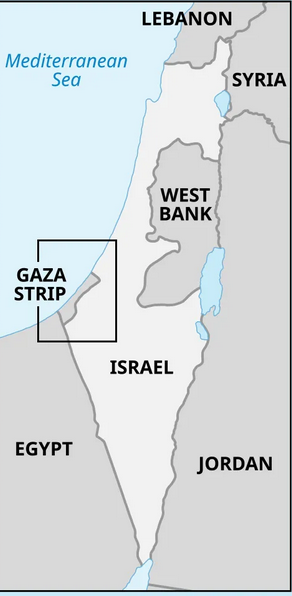
Vipin and his wife Kendra were having a catch-up conversation with their close friends Prem and Asha. Out of the blue, Asha asked, “Do you think there is any hope for a lasting peace in Gaza? In spite of talks of a ceasefire, the killing just goes on.”
Prem added, “The hatred is sooo deep and it has been going on for generations, maybe even centuries.”
“The children walking through the rubble just tear my heart out,” said Asha, “and over 13,000 Palestinian children have been killed. Why can’t the Israelis find another way of getting rid of Hamas without killing so many innocent people?”
Vipin and Kendra listening intently agreed, but said, “WE HAVE HOPE.” We have just returned from a business trip to Rwanda and a short visit to neighbouring Burundi. Remember the terrible massacres between the Hutus and Tutsis that took place in Burundi and Rwanda in 1994…30 years ago?
In total, an estimated 800,000 – 1,000,000 people were massacred in 100 days, mainly extreme Hutus, killing Tutsis.
The majority, the Hutus, were considered to be the local tribe, and Tutsis who came from Ethiopia 400 years before, were considered to be outsiders.
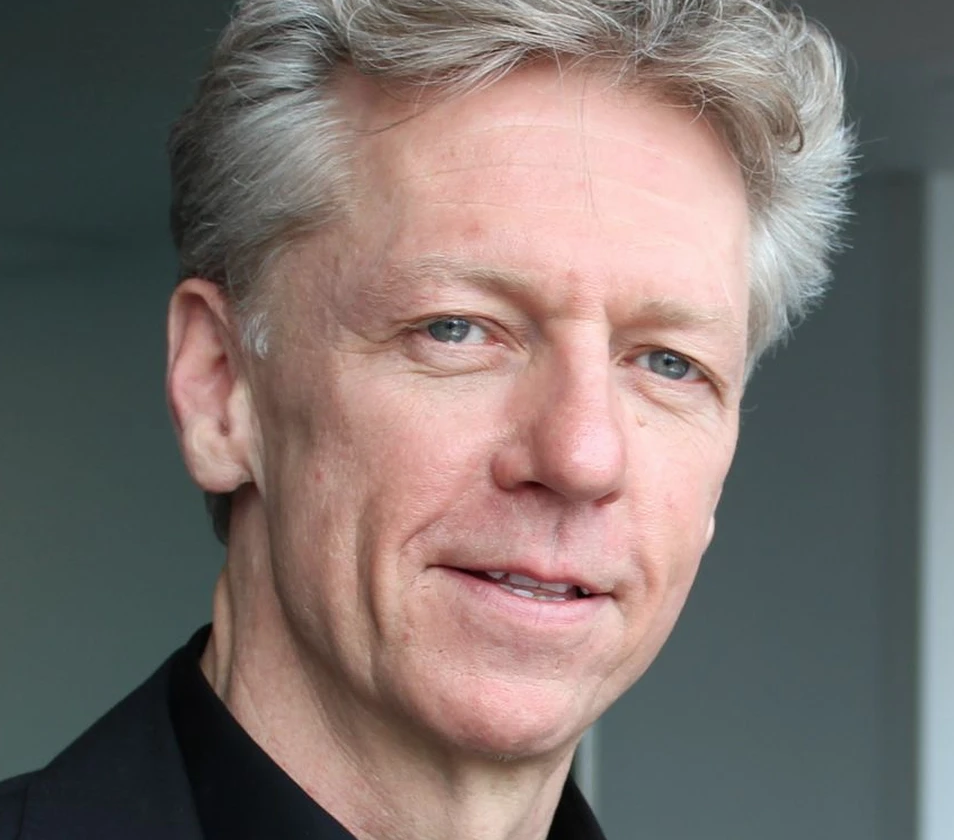
In his powerful book AN IMPERFECT OFFERING, https://www.goodreads.com/book/show/2140743.An_Imperfect_Offering Dr. James Orbinski, Chief of Staff for Medecins Sans Frontieres in Kigali during those 100 days said that no one was spared: children, pregnant women, old men, young men, sometimes cut up by machetes in front of family members. It was awful.
The cause of the disaster, while complicated, was in large part an outcome of the colonialist policies of the Belgians, and to a lesser degree the complicity of the French. The Belgians had been awarded control of these countries in the Treaty of Versailles in 1919.
They supported the minority Tutsis (14% of the population), by providing better education and better jobs and ignored the Hutus (85%). This practice went on for many years, but eventually the Hutus could not take the oppression any longer
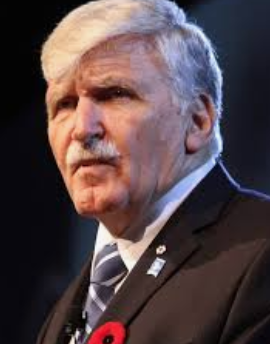
While U.N. forces, under the leadership of General Romeo Dallaire, tried to keep the peace, according to Dallaire in his equally powerful book, “Shake Hands With the Devil,” the U.N. forces were defenseless against the unleashing of the Tutus’ built-up hatred. Meanwhile, the rest of the world was disinterested and did nothing, despite the pleas from General Dallaire.
“How could any peace and future ever come from such a terrible slaughter?” asked Vipin.
“Well,” said Kendra, “In fact Rwanda is doing very well. The population of Rwanda is 14 million and growing. The economy is strong. After the war, Rwanda and Burundi were the poorest countries in the world. However, Rwanda’s economy has grown by 8% per year for the past 15 years. Companies like Vipin’s are locating there because of Rwanda’s focus on innovation and technology. Rawandans make Africa’s only cell phone (MARA), and have built a very efficient drone delivery system that delivers goods – including blood to hospitals – to their destination faster than any vehicle.”
Rwanda is a beautiful country and attracts many tourists, including those who wish to go into the interior to sit with the gorillas.
The health care system is available to all. People only pay $2 each per year and the government and international donors split the rest of the costs
In the past 3 years, malaria has been reduced from 409 cases/1,000 to 76. They have revamped the educational system. In fact, you may have seen the story about the girls from Afghanistan whose school was closed by the Taliban and relocated to Rwanda so they could continue to learn. At least one U.S. university, Carnegie Mellon, an engineering school, has set up a campus there
The streets are clean. Every four weeks on a Saturday, everyone between 18 and 65 is required to volunteer to clean the streets, fix roads and repair buildings. Kigali is the cleanest city in Africa. Similar volunteering is done all over Rwanda.
According to The Global Gender Gap Report, Rwanda ranks 6th in the world in gender equality. Canada, by comparison, is 26th.
This did not surprise Asha. She had volunteered at an NGO in Toronto, Umugenzi for Refugees, many years before and noticed the strength and take charge mentality of the Rwandan women. Said one refugee, “Women are brought up to work hard…men not so much.”
In Rwanda there are now no Tutsis. No Hutus. Only Rwandans. They are only allowed to speak of their ethnicity for three months each year starting April 7th, the day the 100 day genocide started. They also have built a memorial museum as a reminder of those terrible 100 days.
Rwanda is under the strong leadership of Paul Kagame, a former military commander who came to power in 200l. While criticized because of his very strong-armed tactics, he has declared and enforced the law: “THERE ARE NO TUTSIS, NO HUTUS. ONLY RWANDANS.”
According to several people they talked to, the past conflict is receding from their minds and they realize war does not solve anything.
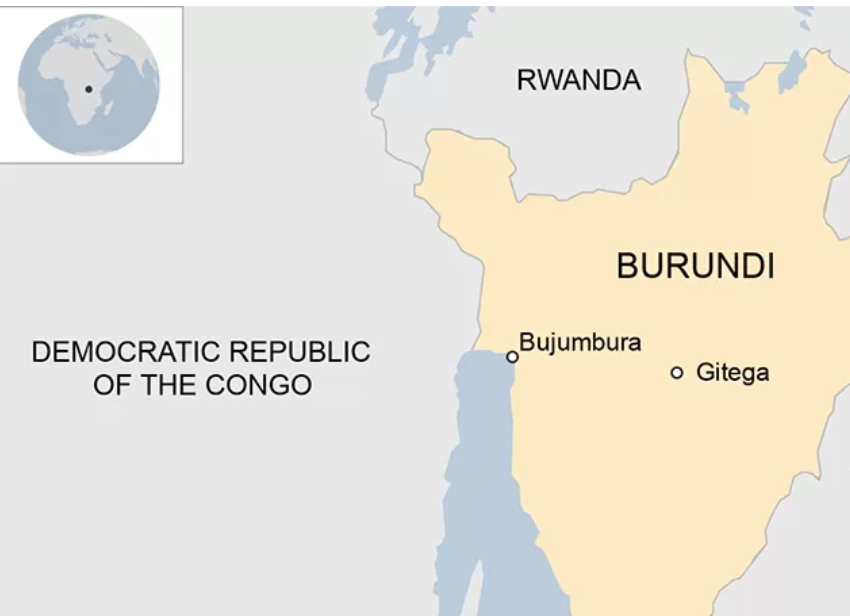
More than 40% of the people in Rwanda were born after the genocide. In spite of this, there are current tensions between Rwanda, Burundi and the Congo, but they are not ethnically based. They allege Rwanda is behind the rebels in the Congo
Burundi, on the other hand, is a small mainly rural (85%) land-locked country of 10 million people. Seventy percent live outside of a city.
Despite Burundi being so rural, they have food security problems. It is still the second poorest country in the world, and it is ranked by the Happiness Index as one of the most unhappy countries in the world.
While they have not implemented ethnicity rules like Rwanda, the ethnic tensions do not seem to be in evidence.
They do have some minerals, but the people are not nearly as well educated as those in Rwanda. The country has weather extremes, resulting in drought and floods
Health care is basic with only $10 allocated per year per person by the government. Most of the health care funding comes from external aid. An example of this: While there Vipin and Kendra saw a motel which had been converted into a hospital by Canadian NGO Madiro, and their old broken down ambulance is being replaced by a new one provided by Canadian Rotary clubs.
The hospital is run by a Burundian doctor. According to the World Health Organization, Burundi has only 200 doctors (0.5 doctors per 10,000 people). By comparison, Rwanda has 1500 doctors (1.1/10000 people). According to the Canadian Institute for Health Information, Canada has 62,000 doctors, or 26 per 10,000

These stats took them all aback. After a few moments of silence Vipin said, “The good news is, the results, particularly in Rwanda, have shown that in spite of such ingrained hatred PEACE IS POSSIBLE.
They all agreed for peace to happen there must be wide-spread forgiveness and a forward focus.
Forgiveness is a key component of most religions. Vipin, Kendra, Prem and Asha understood this. They were all Hindu, and forgiveness is one of Hinduism’s cardinal virtues.
Time helps too. According to Vipin, over 40% of the people in each country were born after the genocide.
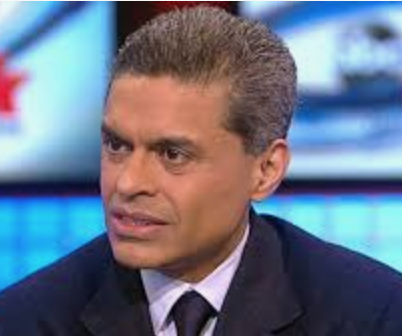
Prem and Asha began to feel more hopeful. They sat silent for a few moments. Finally, Kendra said, “I was listening to Fareed Zakaria on Sunday on CNN. He appeared somewhat hopeful about Gaza because of the constructive discussions taking place amongst neighbouring Arab countries including Qatar, Egypt, Syria and Iraq. This is different than in previous Israeli Palestinian hostilities. “
Since all of these countries need to be a part of a middle east solution – not just Israel and Palestine – this bodes well for a long-term peaceful solution according to Fareed.
The conversation continued reflecting on the aftermath of other wars.
Countries in Europe were at war with each other for centuries, and apart from the Ukrainian/Russian war, now mainly get along, largely because of the creation of the European Union and NATO.
Prem mentioned the 1964 Olympics were held in Tokyo, only 19 years after the end of WWII, and Munich hosted the 1972 Olympics 27 years after the war ended.
There is now a strong peace between Vietnam and the U.S.A., partly because of educational exchanges and commercial trading. They all concurred that while the mechanisms used between the Palestinians and Israelis will be different and will take a long time to work, they all believed that Good News…Peace… can come out of Bad News…War. YES, THERE IS HOPE in Gaza
Till next time,
Chris Snyder,
Climate Optimist
Email: snyderchris74@gmail.com
Stories of Good News and Hope.
You May Also Like
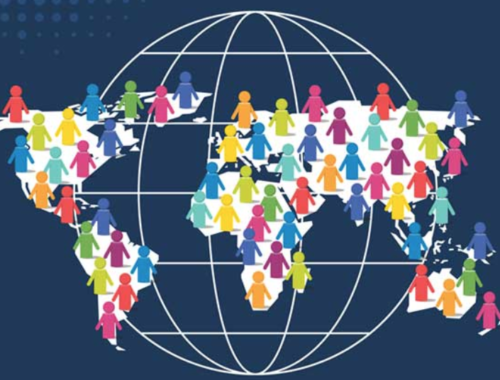
Getting Along and the Golden Rule
July 31, 2022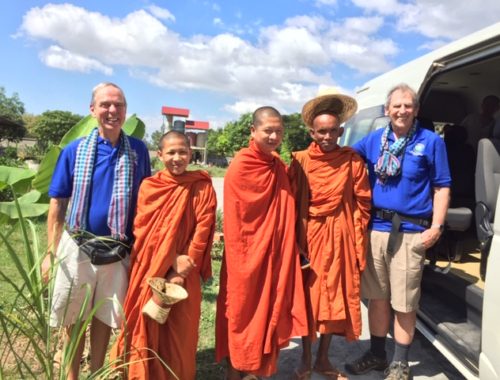
Cambodia!
January 13, 2019